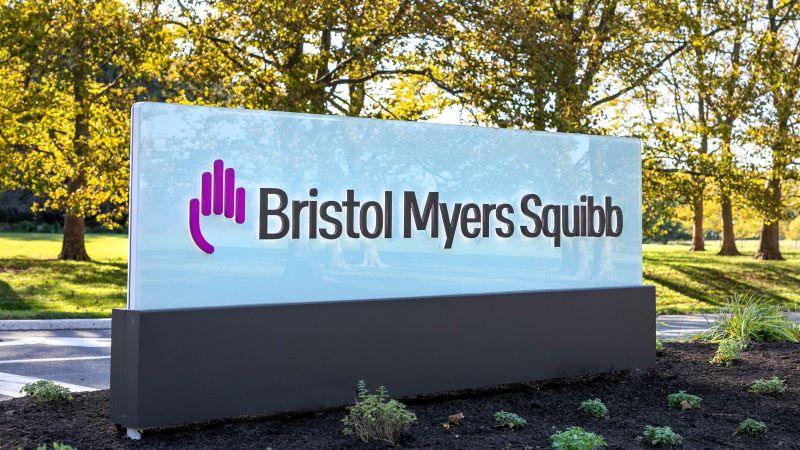
Lyvgen Biopharma has partnered with Bristol Myers Squibb (BMS) to carry out a Phase II clinical trial of the former’s antibody, LVGN7409, plus docetaxel or nivolumab in advanced/metastatic non-small cell lung cancer (NSCLC) patients.
The open-label, randomised, multicentre trial of the combination therapy is anticipated to commence in the first half of next year.

Discover B2B Marketing That Performs
Combine business intelligence and editorial excellence to reach engaged professionals across 36 leading media platforms.
According to the agreement, the trial will be sponsored by Lyvgen while BMS will provide nivolumab for the combination study.
Lyvgen holds LVGN7409’s international commercial and development rights.
A recombinant monoclonal antibody, LVGN7409 acts on CD40 for activation in the tumour microenvironment.
Lyvgen chief medical officer Hubert Chan said: “Lyvgen believes that the combination therapy targeting co-stimulatory checkpoint CD40 and co-inhibitory checkpoint PD-1 may offer the greatest chance to increase immunotherapy effectiveness in patients with resistant or refractory diseases, further validating the synergy observed in our pre-clinical studies for the combination of LVGN7409 and an immune check-point inhibitor.

US Tariffs are shifting - will you react or anticipate?
Don’t let policy changes catch you off guard. Stay proactive with real-time data and expert analysis.
By GlobalData“Through this Phase II study, we are enthusiastic to demonstrate that the stimulation of CD40 has the potential to reverse an immune-suppressed tumour microenvironment, characterised by drug resistance, and to improve anti-tumour efficacy when added to the current ‘standard of care’ therapy.”
A human monoclonal antibody of BMS, nivolumab attaches to the PD-1 and hinders its interaction with PD-L1 and PD-L2.
Docetaxel is an anti-tubulin chemotherapy agent intended for treating several cancer types.
In January last year, the company dosed the first subject in a Phase I clinical trial of LVGN7409 to treat patients with advanced or metastatic malignancy in the US.
The first-in-human, open-label, two-stage, non-randomised trial is designed to detect the recommended Phase II dose of LVGN7409 as a monotherapy, and with an anti-PD-1 antibody and/or CD137 agonist.





